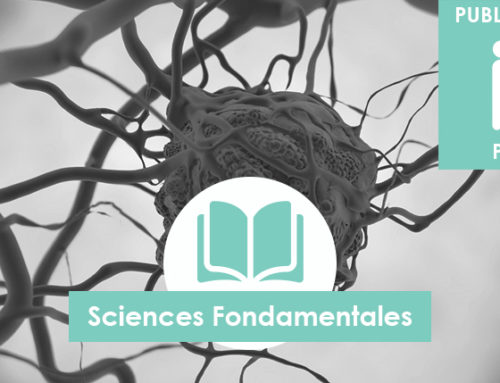Incidence and prognostic factors of clinically meaningful toxicities of kinase inhibitors in older patients with cancer: The PreToxE study
Journal of geriatric oncology, May 2021
Coriolan Lebreton, Coralie Cantarel, Emilie Toulza, Romain Desgrippes, Laurence Bozec, Esma Saada, Agnès Ducoulombier, Magali Tardy, Elena Paillaud, Caroline Lalet, Carine Bellera , Antoine Italiano
https://pubmed.ncbi.nlm.nih.gov/32978101/
doi: 10.1016/j.jgo.2020.09.02
Abstract
Most of the safety data of tyrosine and serine/threonine kinase inhibitors (TKIs) approved for cancer treatment are extrapolated from larger trials in which older patients generally accounted for a small fraction of the participants. The Predicting Severe Toxicity of Targeted Therapies in Elderly Patients With Cancer study (PreToxE)PreToxE study aims to describe the incidence and prognostic factors of clinically meaningful toxicities of TKI in patients with cancer aged over 70 years. The primary endpoint was incidence of severe toxicity, defined as treatment-related death, persistent or significant disability/incapacity, hospitalization or the discontinuation of TKI treatment for more than three weeks. Our results indicate that despite frequent upfront dose reduction, clinically meaningful toxicities occurred in approximately 40% of older patients treated with TKIs. The use of at least three concomitant medications is an independent predictor of clinically meaningful toxicities.




